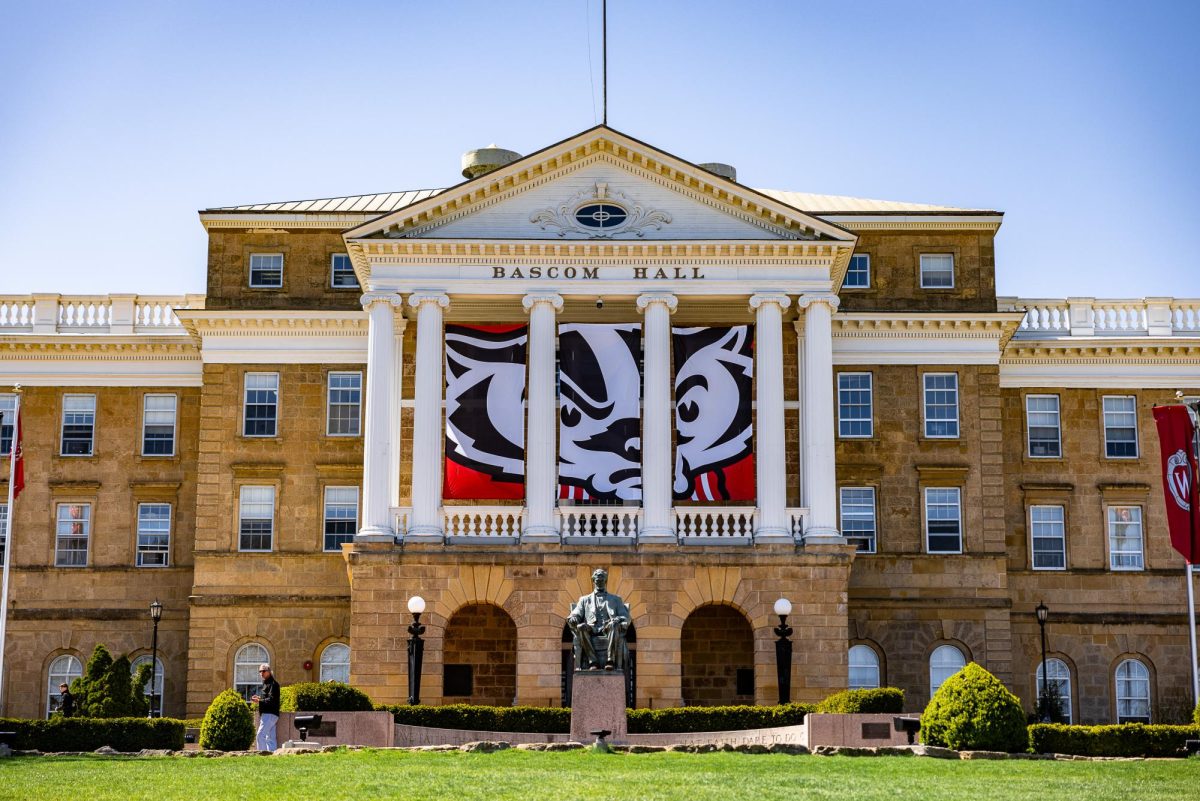A committee in the Wisconsin Legislature held a hearing Wednesday on a Senate bill state environmental groups say would negatively impact environmental protection.
The bill requires the Department of Natural Resources to approve or deny an application for a permit to conduct activities near navigable waterways within approximately 115 days. If the agency does not come to a decision within that time frame, the permit will be automatically approved.
The Committee on Natural Resources listened to testimonies from the authors of the bill, DNR officials and Wisconsin residents during the hearing.
Committee member Rep. Jim Steineke, R-Kaukana, said most DNR officials supported the bill, and they believed it would help improve efficiency within the agency.
“Ultimately, the goal of this bill is to give some certainty and predictability to the [permit approval] process,” Steineke said. “It’s not about getting more applications approved, it’s about ensuring that people get a final determination of an approval or denial of their application in a timely manner.”
Steineke said the process of obtaining a permit has taken months, and sometimes years, because of the lack of a time frame.
Anne Sayers, program director of the Wisconsin League of Conservation Voters, said the league opposed the bill.
“[The bill] is a wholesale rollback of conservation protection that has been on the books in Wisconsin for decades,” Sayers said. “It effectively turns the DNR into a rubber stamp for approving permits submitted by special interests.”
Sayers said the bill would limit citizen input with regard to permit applications. Under the bill, the DNR is only required to place notices of current permit applications on the agency’s website instead of in newspapers.
Sayers said this practice would put people in rural communities at a disadvantage because those without internet access would not be notified of projects impacting their community.
Steineke disagreed with Sayers and said the Internet publication of notices would improve the public’s awareness of activities taking place in their communities. Steineke said more people have Internet access than subscriptions to newspapers. He also said interested parties can sign up for a subscription on the DNR’s website to automatically have notices sent to them.
“This is a proactive way to sign up for a service to get to information of notices,” Steineke said.
Sayers also expressed concern that the proposed bill incorporated elements of a previous mining bill that received widespread opposition from the public. Sayers said aspects of the previous bill significantly weakened environmental protections.
She said although Gov. Scott Walker denied that the current bill relates to mining, she was able to cite 13 pieces of policy in the current bill that pertain to it.
“[This bill is] Gov. Walker paying back the mining companies that supported his campaign by rolling back laws that make sure mining operations in Wisconsin are performed in an environmentally responsible way,” Sayers said.
Sayers said the bill constituted a weakening of mining laws protecting the environment.
The bill will be voted on in committee and sent to the Assembly and Senate floors for approval.















